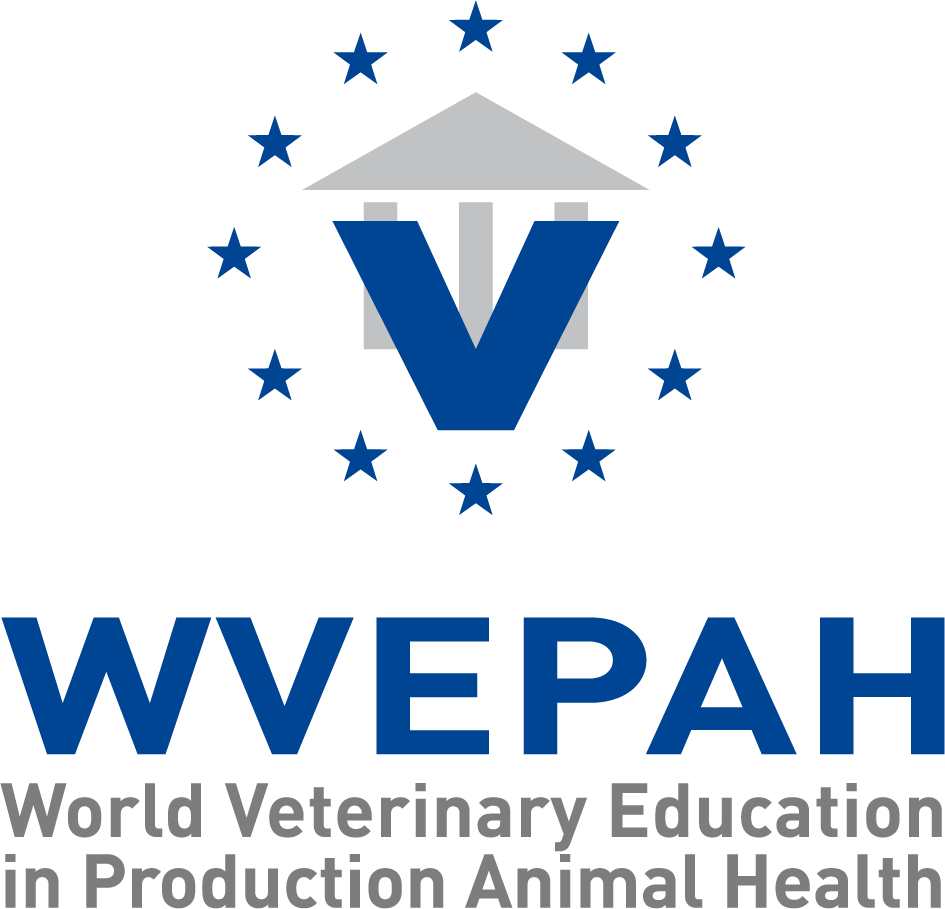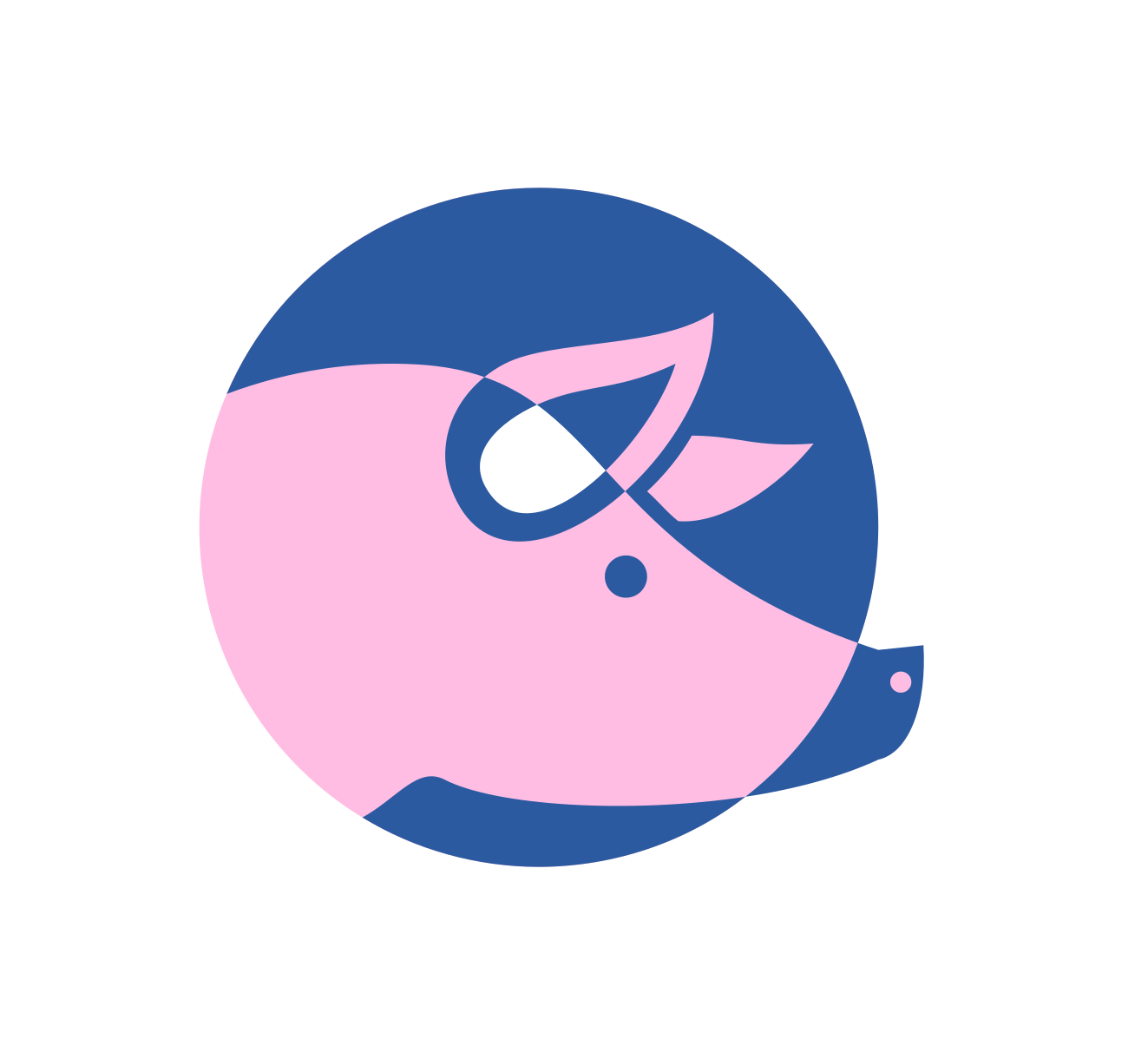In several countries, certification of continuing education is organized at a national level. Generally, the experience gained and the collection of a certain number of credits during the participation in officially recognized courses are taken into consideration, in accordance with the European and international systems – ECTS or continuing education credits. In many countries, however, this official recognition is lacking.
It is clear that the acquisition of particular expertise and skills in a given field can be greatly supported by comprehensive training programs associated with a quality control protocol vouched for by a university diploma.
The WVEPAH offers an international, postgraduate education by recruiting the best specialists from around the world.
It is important to understand that the diploma Professional Certificate in Animal Health (Poultry, Aquaculture or Swine) certifies that a successful participant has acquired a high level of specialist qualification in the areas of animal welfare, production, and health. In the field of animal production, certificate graduates are potential officially recognized trainers of trainers.
The World Organisation for Animal Health oversees the teaching of the 'Regulation' module (Module I) of the certificate and validates it.
Summary
-
Provide structured formal training to professionals who are looking to deepen their expertise in the areas of animal welfare, production, and health.
Train participants to recognize, diagnose and manage all common problems encountered in the practice of animal farming.
Enable participants to obtain skills to apply the ‘WOAH Standards’ covered by the WOAH regulatory module and issued to veterinarians under the authority of national veterinary services.
Train participants to interact optimally with experts in the various aspects of the field, under the supervision of veterinary services.
Train participants in problem solving skills.
Promote long-lasting continuing professional development.
-
The minimum time required for the WVEPAH certificate program is 1 year and it must not exceed 5 years. Through their work in the different modules (online, hybrid modules and clinical case preparation), participants accumulate the required number of European Credit Transfer System (ECTS) credits or continuing education credits to apply for the final exam.
Exams are completed online and administered by the Université de Montréal.
Applicants with a university degree in veterinary medicine or animal science, working in one of the sectors covered by WVEPAH, for at least three years can enroll on the WVEPAH program. After each course, they will receive an ‘Attestation of Participation’ (subject to meeting the criteria).
Program contents
The Professional Certificate in Animal Health Production programs, once validated by an exam, provide training credits: ECTS or continuing education credits. The official languages of the poultry programs are English, French, and Spanish. The aquaculture and swine programs are offered in English.
The WVEPAH principle is “Everyone receives the same teaching and takes the same exam”.
-
General - Module I covers the fundamentals of health management, and are based on the systemic or holistic approach covering all aspects influencing farm sustainability and results: Pathology, Nutrition, Epidemiology, Biosecurity, Applied Immunology, Vaccinology, Antibiotherapy, Genetics, Animal Welfare etc. It includes the regulatory module taught by the WOAH.
‘Specialized‘ Module II courses
The modules are complementary and independent of each other. It is strongly recommended that participants attend a Module I course first, however they can be followed by the participants in the order that best suits them according to their needs, language skills, and the course schedule.
Participants have access to the module content from the moment of their registration (pre-recorded videos and PDF documents), which allows them to start to improve their knowledge in all the disciplines of the module. The teaching consists of a theoretical part and the study of real cases brought by the course masters and participants.
Practical work: autopsies, laboratory, interpretation etc., as well as site visits, take place during the residential week of the module.
The intensive courses focus on the deepening or renewal of knowledge on a particular topic.
-
Participation at the exam is mandatory for the validation of the work undertaken during the course. However, participants of a course may decide to opt out if they are not interested in obtaining the WVEPAH certification.
The Université de Montréal and the WVEPAH decide on the date and duration for each course exam.
Candidates will be informed at least one month in advance of the date of the course exam.
The passing grade for each module is set at 60%, meaning a minimum score of 30 out of 50 points is required. To successfully complete the program, participants need to achieve a minimum score of 60% across both modules.
An average exam results for the two modules of between 50 and 60% enables the student to retake the exam of the failed module(s) at an additional cost to the participant. However, no exam result can be under 50%.
In the event of exam failure, participants are allowed to retake the exam up to two times within three years from the original exam date. A retake fee of €350 to cover administrative costs will be charged for each attempt.
-
The participants are expected to apply the knowledge and skills acquired in the WVEPAH courses in their daily practical work. This activity is recorded in the form of 25 clinical cases reports for veterinarians or three short review papers for animal production profesionnals.
-
During the program, candidates – having completed Module I and Module II (specialization) – will compile 25 well-documented clinical case reports (or 3 short review papers). WVEPAH provides the students with a template to report their clinical cases. They must, alongside other elements, include case identification, history and situation, clinical examination results, laboratory results, differential diagnosis, diagnosis and prognosis, measures taken and their results. At least 60% of the clinical case reports must be related to the completed specialization module.
Each clinical case report will be examined by one member of the exam committee and the final individual grade is the average obtained for all 25 clinical case reports submitted. The passing grade is 60% or 30 out of 50 points.. If this average is less than 30, the candidate will be invited to submit a revised version for the clinical case reports below 30 or to submit additional clinical case reports within 6 months of the date of notification.
The clinical case reports must be written in English, French or Spanish.
Published articles and clinical cases may be submitted instead of clinical cases. Please contact WVEPAH to confirm the eligibility of these documents.
-
For professionals who do not have clinical activities in the field, it is possible to fulfill the academic requirement between module 1 and 2 by producing three papers relevant to the animal production of interest.
Each paper should be approximately 10 pages long (single-spaced with a font equivalent to Calibri 12), excluding tables, figures, and references.
The topic for each paper must be approved by the branch coordinator before submission.
Each topic must be directly relevant to the animal production of interest. What follows are examples of acceptable topics:
Presentation and discussion regarding a regulation or law that concerns the health or welfare of animals, such as transportation standards, audits, or requirements for testing animals imported in the country.
Disease risk assessment approach used by a country’s veterinary services for an infectious disease considered reportable (at WOAH or just at country level)
Presentation and discussion regarding specific laboratory tests used by state laboratories to confirm the presence of a disease.
Nutritional standards approved by state authorities with justifications and consequences for the animals when they are not met.
Presentation and discussion of regulations regarding potentially toxic products of interest to the animal industry.
Presentation and critical discussion regarding approved dead animal disposal methods in a given country.




